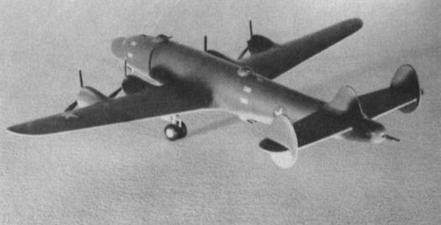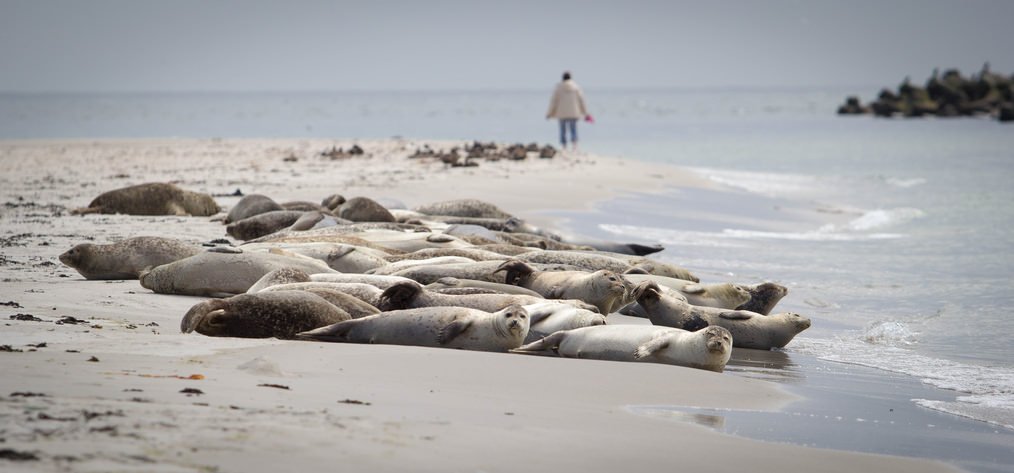Besides the Boeing B-29 and Convair B-32, there was a design for the XB-30 from Lockheed
Basically a quick conversion of the C-69 Transport, this never got past scale model stage.
Now in this TL, with no need for big bombers
Right Now, this may have a chance for a small production run.
Any TL that has a chance for more Constellations is a good one
Howard Hughes would be dreadfully upset if Lockheed were wasting time on bombers at the expense of him getting his L-049 aircraft on time for TWA. With the US not at war, it isn't happening.
In OTL pre-1941 Stalin strongly preferred wars and military action where he could estimate the outcomes beforehand and gain guaranteed success. A bumrush to Poland right now would be really uncharacteristic of him.
It's getting very close to that situation already. The problem is simply that things are changing so fast - and the Soviets probably don't have a clear idea of just how far and fast the Entente forces are advancing. So even if Stalin was happy to take a risk, the chances are he's going to be too late anyway because he thinks he has more time than he really does.
Sure, but in OTL it wasn't their actual goal to safeguard it.
I'm already a bit weirded out that the Entente really is running to support the Polish revolt. If I wasn't told differently I'd be certain that it's the other way around: They're able to move fast and therefore they claim they're doing so to support the Poles.
It's a mix of things. All else being the same (i.e. no revolt) they wouldn't have moved until the spring. However, given that the Poles have launched a major uprising they have two choices: attack now which will bring the war to an end with increased casualties on their part, or sit still and leave the Poles to their fate. That has a large number of undesirable impacts on the postwar world - starting with Poland being aligned with someone other than the Entente after the war, and working their way up from there. Launching an all-out attack keeps them in the driving seat and ensures that they get to shape the postwar situation in Europe.
When I say "I'm already a bit weirded out that the Entente really is running to support the Polish revolt," I don't mean the Warsaw Uprising of OTL, I mean the revolt that is happening ITTL. I feel that in OTL there really wasn't that much concern. Sure, the Wallies would prefer the Soviets behaved themselves in Poland or eastern Europe in general, but enough to jeopardize their relations with USSR. Later it changed a bit, but by then the Iron Curtain was in place.
The Entente wouldn't have launched the attack without an uprising, even knowing that the Soviets would walk in otherwise. With an uprising, the potential impacts of leaving them alone postwar are much more serious, at least as viewed by the politicians of the time.
Given *that*, if there are Soviet troops shooting Polish civilians just over the border into the Soviet controlled areas, what are the orders for the Entente soldiers?
They aren't getting in a shooting war with the USSR, which is what would happen if they actually did anything. Now, unofficially, they aren't going to be too careful about keeping out anybody who wants to flee across the border in their direction - but neither Paris nor London are getting involved in what happens in the Soviet controlled zone. If the Poles want to, they're on their own.
True, but a possibly somewhat academic at this time. With the current hash winter, it wouldn’t be surprising if all of the Alpine passes are now effectively closed to military movements due heavy snowfall.
The Timmelsjoch will be closed, but the Brenner and Reschen passes should probably be passable - and the Brenner has an available railway line up it.
I know the winter of 1941/1942 was cold in Northern Europe, was it also wet? (as to whether the Alpine passes would count as Northern Europe is up for debate). And I don't think the Italians are caught *quite* as wrong footed as the Soviets, but the difference is that the Soviets going East would tick off the nations that are currently militarily active, the Italians going North *probably* won't.
The problem the Italians have is that their forces are in the wrong place, and like the Soviets they don't really understand the urgency of the situation. The BBC, etc. aren't going to be giving details of how fast the advances are: at least in part because large fractions of the Heer would only be finding out from the BBC, but also to keep the Soviets in the dark as much as possible. This will also have the same effect on the Italians, who will be thinking that they have more time than they really do.
That being the case, we can probably expect the Field Marshal von Kleist to launch one final offensive with whatever he can scrape together to try to seize a bridge across the Rhine before he surrenders Army Group A. It will likely be repulsed with heavy casualties on both sides, but the honor of the German Army would be preserved. This, of course, is contingent on his headquarters not being overrun by the French forces running in his rear before he can issue the orders.
And him being able to find anybody willing to follow the orders...


